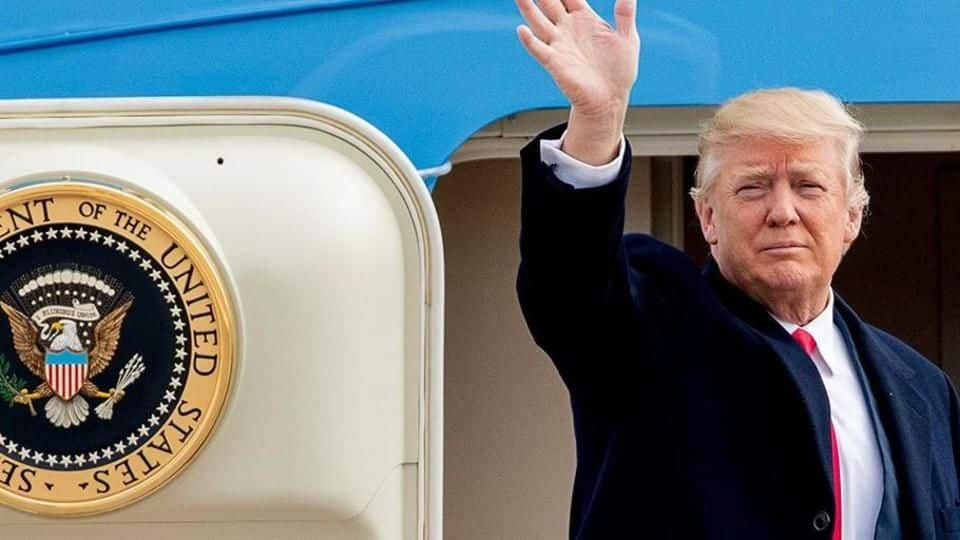
Top Senate committee question Trumps ability to order nuclear-strikes
What's the story
The US Congress has for the first time in 40 years scrutinized a president's authority to launch nuclear strikes. The Senate Foreign Relations Committee held a hearing titled Authority to Order the Use of Nuclear Weapons. Some experts expressed concerned that President Donald Trump may irresponsibly order a nuclear attack while others felt he should have authority to act without interference from lawyers.
Context
Trump had threatened to unleash nuclear "fire and fury"
In August, while speaking at the UN, Trump threatened to unleash "fire and fury like the world has never seen" on North Korea if it continued with its nuclear weapons programme. Last month, Senator Bob Corker, the Republican chairman of the Senate committee, accused Trump of setting America "on a path to World War III." Others have raised questions about Trump's volatile nature.
Nervous laughter
Former nuclear chief says he wouldn't proceed in certain circumstances
C Robert Kehler, the former commander of the US Strategic Command, said his former role would require him to follow the president's order to conduct nuclear strikes, if legal. Under certain legal circumstances, Kehler explained: "I would have said, 'I'm not ready to proceed.'" One senator asked, "Then what happens?" "I don't know," Kehler replied. The hearing erupted in a nervous laughter.
Quote
Democratic senator slams Trump's 'unstable and volatile decision making'
"We are concerned that the president is so unstable, is so volatile, has a decision-making process that is so quixotic, that he might order a nuclear-weapons strike that is wildly out of step with US national-security interests," said Democratic Senator Chris Murphy, at the hearing.
Details
Expert says president's nuclear order will be vetted thoroughly
"The president cannot by himself push a button and cause missiles to fly," said Peter Feaver, an expert. Feaver said the presidential order would be vetted by lawyers, military personnel and the secretary of defense. Another expert said military generals would stop the president if he's acting rashly. However, Democratic Senator Edward Markey said generals shouldn't be trusted to keep the president in check.
Emergency
What about emergency cases?
A crucial question was whether the president was capable of ordering nuclear strikes within minutes or seconds during emergencies. At that time, the established chain of command wouldn't have the time to review the president's decision. Senator Marco Rubio said the president "has to have the capacity to respond if we are under attack" and not be impeded by "a bunch of bunker lawyers".